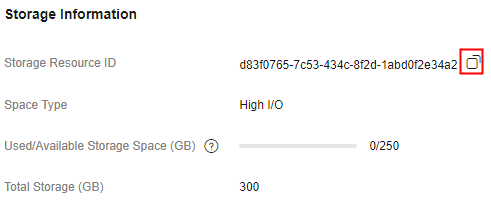Bills
You can view the bill of a resource in the Billing section of Billing Center to learn about its usage and billing information in a certain period.
Bill Reporting Period
After yearly/monthly resources are paid, two bills (instance fee and storage space fee) are reported to the billing system for settlement.
The usage of pay-per-use resources is reported to the billing system at fixed intervals. Pay-per-use products can be settled by hour, day, or month based on the usage type. For details about the fee deduction rules, see Bill Run for Pay-per-Use Resources. Pay-per-use RocketMQ instances are settled by hour.
The fee deduction time of pay-per-use resources may be later than the settlement period. For example, if a RocketMQ instance (settled by hour) is deleted at 08:30, the fees generated from 08:00 to 09:00 are usually deducted at about 10:00. On the Billing Center > Billing > Transactions and Detailed Bills > Transaction Bills page, Expenditure Time indicates the time when a pay-per-use product is used.
Viewing Bills of a Specific Resource
- Log in to the RocketMQ instance console.
- Copy the resource ID.
RocketMQ instances independently generate fees for the instance and the storage space, so there will be two bills. Check specified bills as required.
- On the RocketMQ instance list page, click the icon shown in the following figure to copy the instance ID.
Figure 1 Copying instance ID

- Click an instance name to go to the instance details page. Copy the storage space ID.
Figure 2 Copying storage space ID

- On the RocketMQ instance list page, click the icon shown in the following figure to copy the instance ID.
- Choose Billing > Transactions and Detailed Bills.
- Select Resource ID as the filter, paste the resource ID obtained in 2, and press Enter.
Figure 3 Querying a resource bill

By default, expenditure details are displayed by usage and the statistical period is a billing cycle. You can also set other statistical dimensions and periods. For details, see Bills.
Feedback
Was this page helpful?
Provide feedbackThank you very much for your feedback. We will continue working to improve the documentation.See the reply and handling status in My Cloud VOC.
For any further questions, feel free to contact us through the chatbot.
Chatbot





